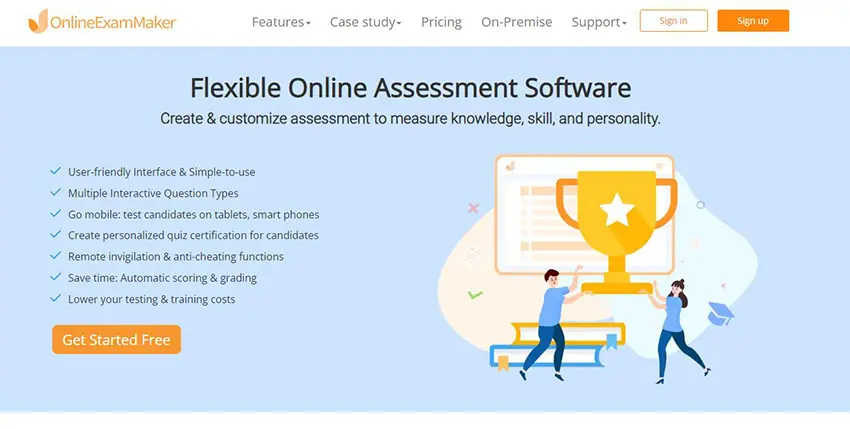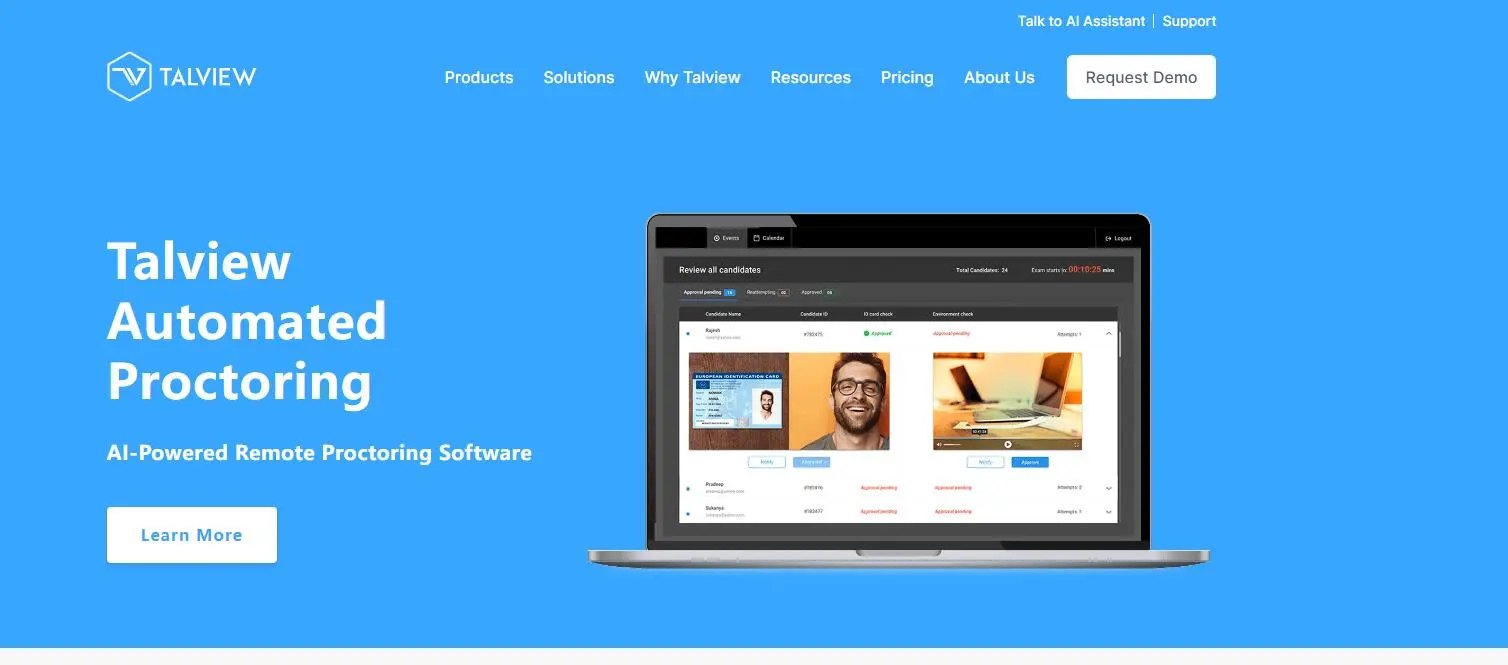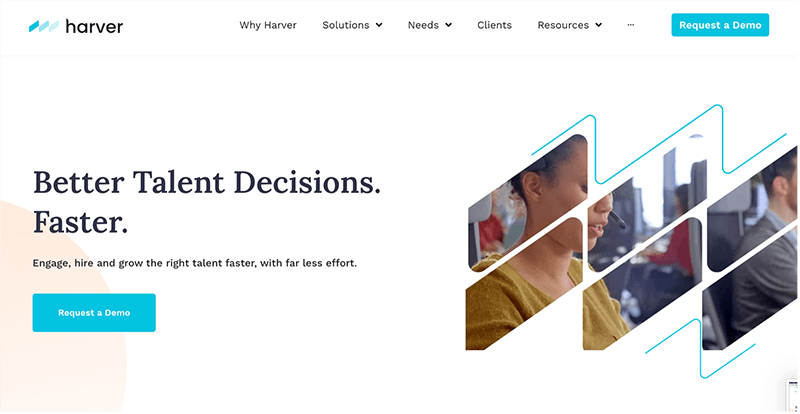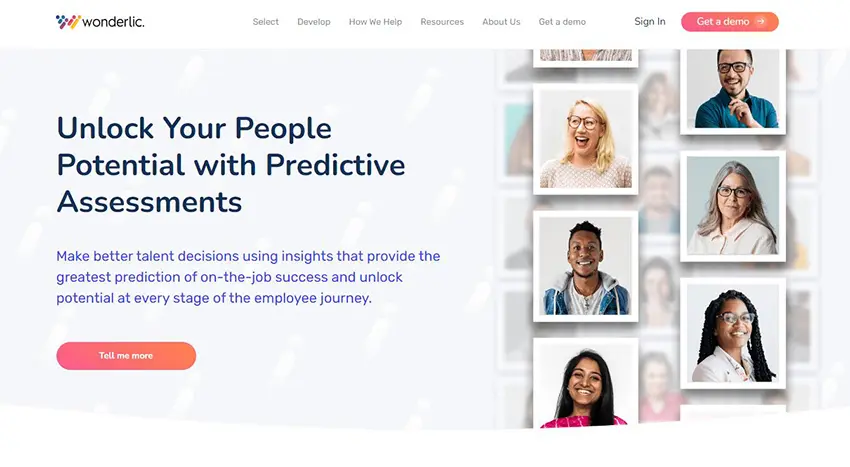Skill assessment for staff is crucial for several reasons, encompassing both organizational and individual growth.
Here’s a breakdown of its importance:
Identifying Strengths and Weaknesses: Skill assessments help in pinpointing the specific skills that an employee excels in and those areas where improvement is needed. This provides a clear map of competencies within a team or organization.
Tailored Training and Development: Once you know where the skill gaps are, you can invest in targeted training programs. This ensures that resources are used efficiently in upskilling employees in areas that will produce the greatest return on investment.
Improved Performance Management: Accurate skill assessments can provide a basis for setting performance goals, improving productivity, and enhancing the quality of work.
Recruitment and Placement: Knowing the skill levels of current staff can aid in recruiting efforts by highlighting areas where new hires might need to bring in additional expertise. Additionally, it can help place employees in roles where they can make the most impact.
Boosting Employee Morale and Retention: When employees are aware of their strengths, and when they receive the training they need to overcome challenges, they often feel more valued and confident. This can lead to increased job satisfaction and reduced turnover.
Career Pathing: Skill assessments can help employees and management understand potential career trajectories within the organization, aligning individual aspirations with business needs.
Adapting to Change: In the rapidly evolving business world, organizations must remain agile. Regular skill assessments can help organizations stay ahead by identifying emerging skill needs and addressing them proactively.
Pro Tip
Want to assess your learners online? Create an online quiz for free!
Skill assessments can be categorized based on various parameters such as the domain of the skill, the methodology of assessment, or the context in which the assessment is applied.
1. Domain-Based Skill Assessments:
Technical Assessments: Evaluate the technical know-how and expertise in specific fields such as IT, engineering, or finance. Examples include coding tests, technical troubleshooting tasks, or financial modeling exercises.
Soft Skill Assessments: Measure interpersonal or “people” skills. Examples are communication, leadership, and teamwork. Methods might include behavioral interviews, role-playing, or situational judgment tests.
Cognitive Assessments: Assess cognitive abilities such as critical thinking, problem-solving, and logical reasoning. Examples include aptitude tests or logical reasoning tasks.
Language and Communication Assessments: Determine proficiency in a particular language or in communication skills. This might include written tests, verbal interviews, or presentations.
2. Methodology-Based Skill Assessments:
Observational Assessments: Evaluate skills based on direct observation. For instance, a manager might observe a salesperson’s interaction with a client to assess their sales techniques.
Self-Assessment: Individuals rate their own skills. While potentially biased, it provides insight into an individual’s self-perception and confidence.
360-Degree Feedback: Gathers input about an individual’s performance from various sources, including peers, subordinates, supervisors, and sometimes even customers.
Simulation and Role-Playing: Puts individuals in simulated environments to see how they react or how well they perform certain tasks.
Standardized Tests: Utilize consistent and standardized tasks or questions to assess individuals, ensuring comparability across scores.
Top 7 Online Skill Assessment Platforms for Educators
1. OnlineExamMaker

OnlineExamMaker is an AI-driven skill testing platform designed to help businesses hire with confidence by assessing candidates’ real-world abilities. By emphasizing on-the-job skills and realistic scenarios, it provides a holistic view of a candidate’s suitability for a role.
OnlineExamMaker offers flexible pricing plans, ensuring that users can choose a plan that suits their specific needs. Even you are using its free version, you are able to create a professional online exam easily. Whether you are an educator, trainer, or marketer, OnlineExamMaker provides the tools you need to create engaging and informative quizzes. Visit the website to explore the features, pricing options, and start creating interactive quizzes today.
Key Features:
• AI-powered auto-grading of assessments.
• Library of customizable skill assessments.
• Real-world job previews and simulations.
• Seamless integration with popular Applicant Tracking Systems (ATS).
• Insights and analytics dashboard for candidate ranking.
• Customizable branding for a consistent candidate experience.
• Collaboration tools for team-based hiring decisions.
Create Your Next Quiz/Exam with OnlineExamMaker
2. Talview

Talview offers a comprehensive suite of cloud video interviewing and talent assessment tools. Their platform incorporates AI to enhance recruitment processes and provides insights based on candidate assessments.
Key Features:
• AI-powered video interviews.
• ehavioral insights and analysis.
• Proctoring and anti-cheating features.
• Integrations with major ATS systems.
• Customizable branding for assessments.
• Mobile-first candidate experience.
• Advanced reporting and analytics.
3. Harver

Harver is a pre-employment assessment platform that aims to revolutionize the volume hiring process by using data-driven and predictive analytics. It offers an end-to-end candidate selection platform designed to support the hiring process from apply to hire.
Key Features:
• Situational judgment tests.
• AI-driven matching of candidates to roles.
• Realistic job previews.
• Culture and values fit assessments.
• Multi-language support.
• Integrations with major ATS systems.
• Customizable branding and user interface.
4. AssessFirst

AssessFirst utilizes predictive recruitment to help companies identify candidates who will succeed and thrive in their job environment. The platform emphasizes predicting performance, retention, and engagement.
Key Features:
• Predictive models based on company data.
• Personality, motivation, and cognitive ability tests.
• Customizable employer branding.
• AI-driven recommendations for best-fit candidates.
• Candidate ranking and matching.
• Multi-device compatibility.
• Detailed analytics dashboard.
5. HighMatch

HighMatch is a customizable job-fit assessment that measures the fit between a job and a candidate. It aims to predict hiring success with scientifically-backed assessments.
Key Features:
• Job benchmarking to identify key traits for success.
• Personality and cognitive skill assessments.
• Customizable assessment content.
• Interview guides based on candidate responses.
• Integration capabilities with HR tools.
• Detailed score reports and insights.
• Research-backed validity.
6. WonScore

WonScore is a remote assessment tool developed by Wonderlic, a company with a long history of providing various assessments for educational and employment purposes. The WonScore platform combines results from these three areas to provide an overall score, helping employers get a comprehensive understanding of a candidate’s potential fit and performance.
Key Features:
• Three-in-one assessment: cognitive, motivation, personality.
• Predictive analytics for job performance.
• User-friendly dashboards and reports.
• Integration with popular ATS platforms.
• Customizable job profiles.
• Research-backed and legally defensible tests.
• Mobile-optimized assessments.
7. Xobin

Xobin is an online assessment platform used by organizations to screen candidates for various roles. It offeres a range of pre-built tests, including those for software developers, salespeople, customer support reps, and other roles, to help recruiters evaluate skills efficiently and objectively. The tool could be useful for companies aiming to reduce time-to-hire and enhance the quality of their hires.
Key Features:
• Comprehensive skills assessment library.
• AI-powered proctoring and anti-cheat technology.
• Real-world simulation-based testing.
• Customizable assessments for specific job roles.
• Integration with major HR systems.
• Detailed analytics and candidate ranking.
• Collaboration features for team-based hiring.
These platforms, much like the previous set, aim to assist businesses in making informed and evidence-backed hiring decisions, thus enhancing the overall efficiency and quality of their recruitment process.